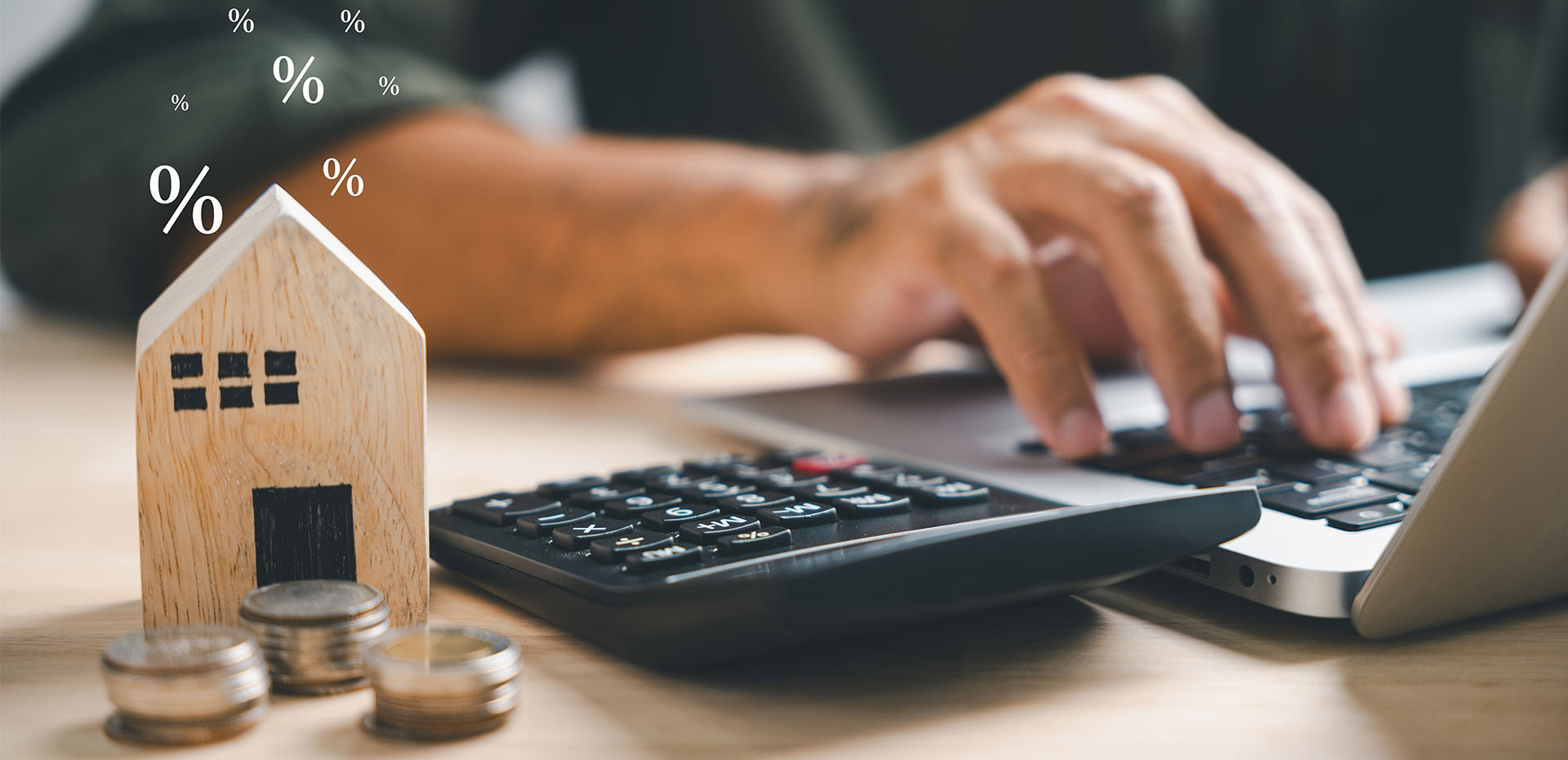If you are considering purchasing a property, there is a great deal of help out there that can save you valuable time and ensure you are pursuing a property that’s comfortably within your price range. This blog explains how borrowers can use mortgage calculators to estimate monthly payments and ensure affordability.
Why budgeting for mortgage payments is important
Most homebuyers need a mortgage to be able to buy their home. Depending on the length of your mortgage loan, you’ll need to repay this monthly. While it might be tempting to get carried away and look at properties that aren’t within your reach at this time, you’ll be unlikely to secure a mortgage, based on affordability.
Creating a budget is critical for knowing just how comfortable your monthly mortgage repayments will be. Doing this prior to beginning your property search means you’ll be able to enjoy house-hunting, safe in the knowledge you can afford the homes you’re looking at.
It doesn’t have to be complicated – just note your monthly income and your anticipated outgoings once you have bought your property. Remember to include groceries, entertainment and other expenses, as well as bills and all pre-existing financial commitments, for example, credit card payments, car finance, and so on.
Looking at your monthly income and outgoings, including any debts, will give you the sum you can afford to repay each month. That said, be sure to not use every penny on your mortgage. You might need to save a little regularly for a treat, home repairs or emergency funds.
Aim to get pre-approved for a mortgage before starting your property search. This indicates the size of the mortgage you are likely to be able to obtain.
How a mortgage calculator helps with budgeting
A mortgage repayment calculator is a useful tool that can help you with budgeting. It can indicate what your monthly repayments will be – on a standard or interest-only mortgage. And it can show you how your repayments would increase or decrease if the interest rate changed, helping you account for fluctuating rates.
Key factors affecting your monthly mortgage costs
There are a number of factors that can alter your monthly mortgage repayments. Even though smaller increases might seem relatively insignificant when looking at them on a monthly basis, over the course of your mortgage term, they can add up, costing you thousands. So, it’s important to be mindful of variables prior to applying for a mortgage.
The factors to watch out for include:
- Interest rates. Rising interest rates can have a huge impact on your repayments.
- The loan amount. The size of your mortgage will directly affect your monthly repayments.
- Mortgage term. The length of your mortgage will influence how much you need to repay each month. If you were to borrow an amount over a ten-year period, for example, it would cost more monthly than it would if you were to borrow it over 25 years. Simply put, the longer you have to pay you mortgage off, the more payments you’ll be able to make. And that means the payments will be smaller.
- Size of deposit. The more you are able to put down, the smaller the mortgage loan you will need to take out. And the smaller the mortgage, the more favourable terms you are likely to get.




